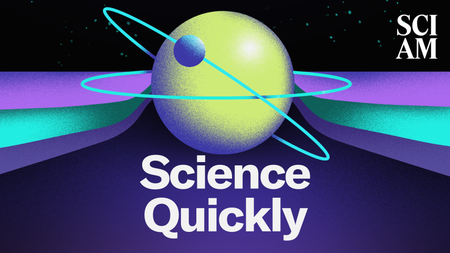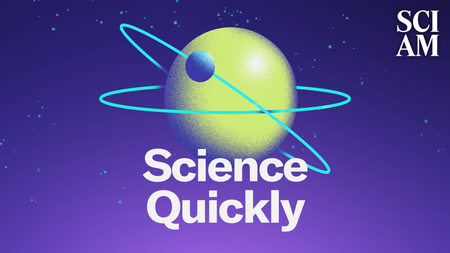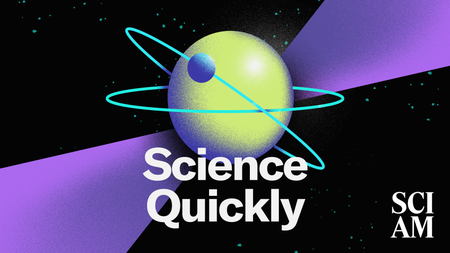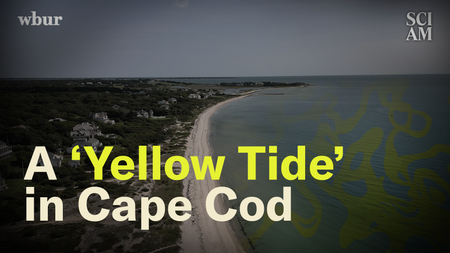
Blast from the Past: In 1924 Scientific American Loved Coal (and Telepathy)
It’s well known that petrochemicals are toxic to our health. Here’s how to steer clear of these by-products of the fossil-fuel industry.
Anaissa Ruiz Tejada is Scientific American's multimedia intern.

Blast from the Past: In 1924 Scientific American Loved Coal (and Telepathy)
It’s well known that petrochemicals are toxic to our health. Here’s how to steer clear of these by-products of the fossil-fuel industry.

The Supreme Court Preserves Emergency Abortion Access, and NASA Plays It Safe With Starliner
Emergency access to abortion is preserved—for now. Also, NASA postpones the return of Starliner astronauts, and we’re tracking the spread of bird flu, dengue and mpox.

Life for Researchers on This Icebreaker Is Cold and Fulfilling
Get a behind-the-scenes look at how researchers live and work on a U.S. icebreaker making its way through the waters of West Antarctica.

How We Can Keep Ourselves and Our Communities Cool in the Summer Heat
Heat waves are getting hotter, more frequent and longer. But there are ways to keep yourself and your community cool.

Penguins and Ice Samples Make This Research Vessel Paradice
To unravel the effects of melting sea ice, researchers drill the frozen waters around Antarctica and receive a surprise visit from a group of penguins.

Snacking on Cicadas Can Be Sustainable and Delicious
Make the best of the “double brood” of cicadas with insect kimchi and tempura-fried bugs.

Cooperation Is the Key to Surviving the Apocalypse
Cooperation theorist Athena Aktipis talks about zombies, game theory, go bags and more in her new book, A Field Guide to the Apocalypse.

Cape Cod Faces a Rising 'Yellow Tide'
Tourism is big business on the cape, but a growing environmental issue could disrupt the lives of tourists and residents, alike.